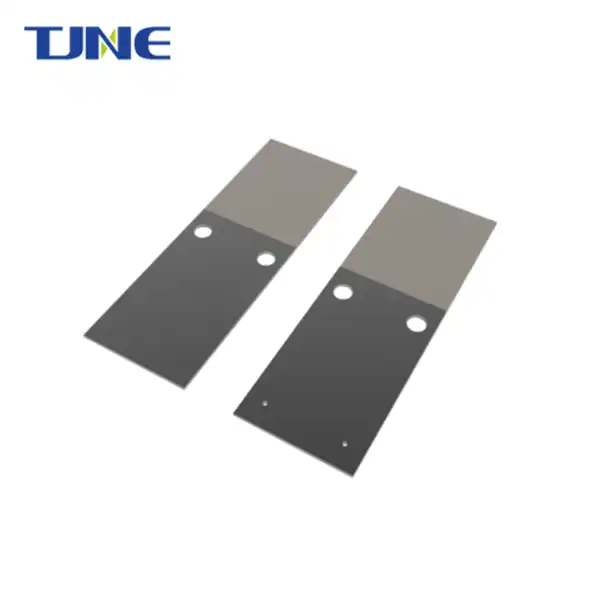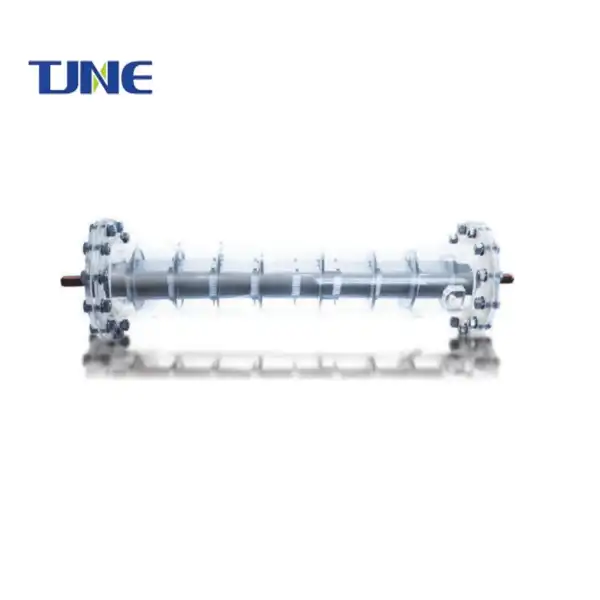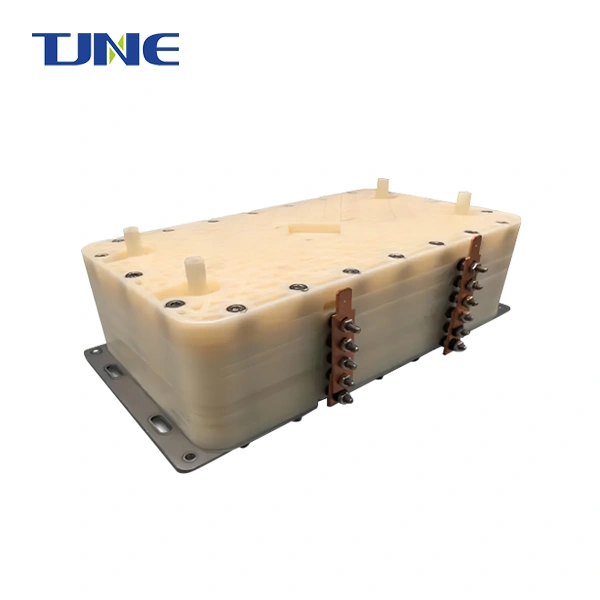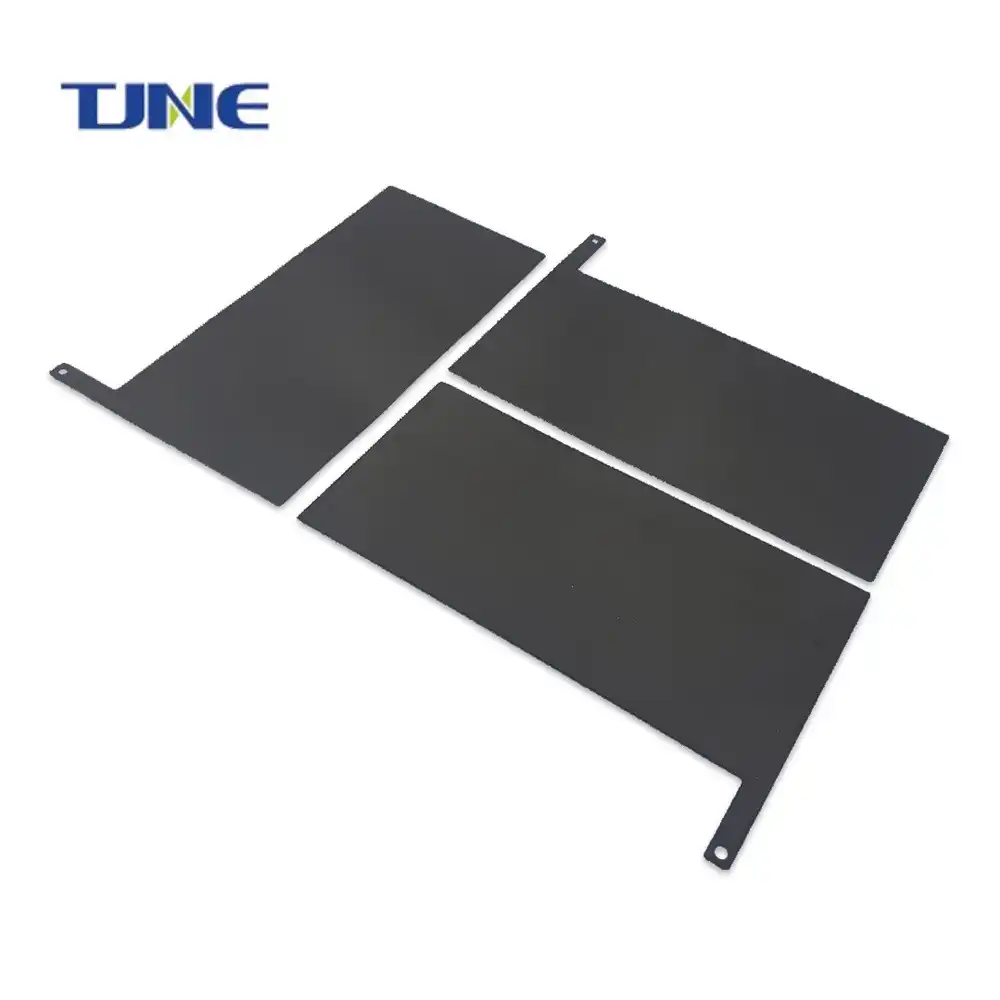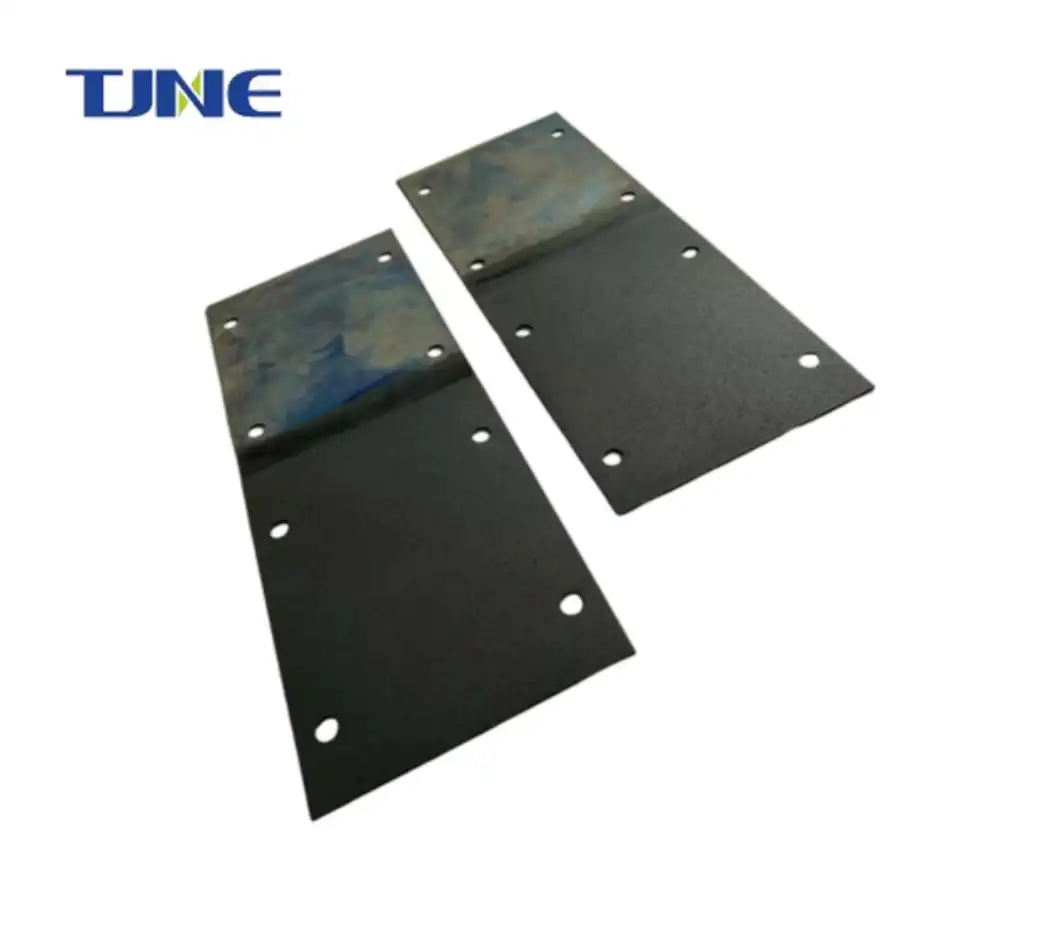- English
- French
- German
- Portuguese
- Spanish
- Russian
- Japanese
- Korean
- Arabic
- Greek
- German
- Turkish
- Italian
- Danish
- Romanian
- Indonesian
- Czech
- Afrikaans
- Swedish
- Polish
- Basque
- Catalan
- Esperanto
- Hindi
- Lao
- Albanian
- Amharic
- Armenian
- Azerbaijani
- Belarusian
- Bengali
- Bosnian
- Bulgarian
- Cebuano
- Chichewa
- Corsican
- Croatian
- Dutch
- Estonian
- Filipino
- Finnish
- Frisian
- Galician
- Georgian
- Gujarati
- Haitian
- Hausa
- Hawaiian
- Hebrew
- Hmong
- Hungarian
- Icelandic
- Igbo
- Javanese
- Kannada
- Kazakh
- Khmer
- Kurdish
- Kyrgyz
- Latin
- Latvian
- Lithuanian
- Luxembou..
- Macedonian
- Malagasy
- Malay
- Malayalam
- Maltese
- Maori
- Marathi
- Mongolian
- Burmese
- Nepali
- Norwegian
- Pashto
- Persian
- Punjabi
- Serbian
- Sesotho
- Sinhala
- Slovak
- Slovenian
- Somali
- Samoan
- Scots Gaelic
- Shona
- Sindhi
- Sundanese
- Swahili
- Tajik
- Tamil
- Telugu
- Thai
- Ukrainian
- Urdu
- Uzbek
- Vietnamese
- Welsh
- Xhosa
- Yiddish
- Yoruba
- Zulu
Swimming pool maintenance is a crucial aspect of ensuring a safe and enjoyable aquatic environment for swimmers. One of the most important elements in pool maintenance is proper disinfection. In recent years, titanium anodes have gained popularity as an effective and efficient method for pool disinfection. These innovative devices offer numerous advantages over traditional chlorination methods, making them an attractive option for pool owners and operators. This blog post will explore the benefits of using titanium anodes for pool disinfection, highlighting their impact on water quality, cost-effectiveness, and equipment longevity.

How do titanium anodes improve water quality in swimming pools?
Titanium anodes play a crucial role in improving and maintaining water quality in swimming pools through a process called electrolysis. This advanced technology offers several advantages over traditional chlorination methods, resulting in cleaner, safer, and more comfortable swimming conditions.
One of the primary ways titanium anodes enhance water quality is by producing chlorine on-site through the electrolysis of salt water. This process, known as salt chlorination, involves passing a low-voltage electrical current through titanium plates coated with precious metals like ruthenium or iridium. As the current flows, it breaks down the salt (sodium chloride) in the water into its component parts: sodium and chlorine. The chlorine then combines with water to form sodium hypochlorite, which is the active sanitizing agent that kills bacteria, algae, and other harmful microorganisms in the pool.
The on-site generation of chlorine through titanium anodes offers several advantages for water quality:
1. Consistent chlorine levels: Unlike manual chlorine addition, which can lead to fluctuating chlorine levels, titanium anodes provide a steady and controlled release of chlorine. This consistency helps maintain optimal sanitization levels throughout the pool, reducing the risk of bacterial growth or algae blooms.
2. Reduced chloramines: Chloramines are responsible for the strong "chlorine smell" often associated with pools and can cause eye and skin irritation. Titanium anodes help reduce chloramine formation by maintaining a more stable chlorine level and promoting better oxidation of contaminants, resulting in clearer and cleaner water.
3. Improved pH balance: Titanium anodes help stabilize the pool's pH levels by producing a natural pH buffer. This reduces the need for frequent pH adjustments and creates a more balanced aquatic environment.
By improving water quality in these ways, titanium anodes contribute to a safer, more comfortable, and more enjoyable swimming experience. Pool owners and operators can benefit from reduced chemical usage, improved water balance, and fewer water quality issues, ultimately leading to happier swimmers and easier pool maintenance.
What are the cost-saving advantages of titanium anodes in pool maintenance?
While the initial investment in a titanium anode system for pool disinfection may be higher than traditional chlorination methods, the long-term cost-saving advantages are significant. These economic benefits make titanium anodes an attractive option for pool owners and operators looking to optimize their maintenance budgets without compromising on water quality.
1. Reduced chemical costs: One of the most substantial cost-saving advantages of titanium anodes is the significant reduction in chemical expenses. Traditional chlorination methods require the regular purchase and addition of chlorine in various forms, such as liquid, tablets, or granules. In contrast, titanium anodes generate chlorine on-site using only salt, which is much less expensive and needs to be replenished less frequently. Over time, this can lead to savings of up to 70% on chemical costs compared to traditional chlorination methods.
2. Lower energy consumption: Titanium anode systems are highly energy-efficient. The electrolysis process requires relatively low voltage and current, resulting in minimal power consumption. Modern salt chlorinators with titanium anodes often incorporate energy-saving features like automatic chlorine production based on demand, further reducing electricity costs. Some systems even allow for integration with solar panels, providing an even more cost-effective and environmentally friendly solution.
3. Decreased labor costs: The automation and self-regulation capabilities of titanium anode systems significantly reduce the time and labor required for pool maintenance. With consistent chlorine production and better water balance, pool operators spend less time manually testing and adjusting water chemistry. This reduction in labor-intensive tasks can lead to considerable savings, especially for commercial pool operations or properties with multiple pools.
4. Extended equipment lifespan: By maintaining more stable water chemistry and reducing the need for harsh chemicals, titanium anodes help protect pool equipment from corrosion and chemical damage. This extended equipment lifespan applies to pumps, filters, heaters, and even the pool surface itself. The result is less frequent replacements and repairs, translating to significant long-term cost savings.
5. Reduced water and heat loss: The improved water quality achieved with titanium anodes often leads to less frequent need for backwashing or draining and refilling the pool. This conservation of water not only reduces water bills but also saves on heating costs, as less energy is required to heat new water to the desired temperature.
The cost-saving advantages of titanium anodes in pool maintenance are multifaceted and compound over time. While the initial investment may be higher, the long-term economic benefits make these systems an attractive option for pool owners and operators looking to optimize their maintenance budgets while ensuring high water quality and swimmer comfort. As technology continues to advance and become more widespread, it's likely that the cost-effectiveness of titanium anode systems will only improve, further cementing their position as a smart choice for pool disinfection.
Can titanium anodes extend the lifespan of pool equipment?
The use of titanium anodes in pool disinfection systems not only improves water quality and reduces maintenance costs but also plays a significant role in extending the lifespan of pool equipment. This longevity factor is a crucial consideration for pool owners and operators, as it can lead to substantial savings over time and ensure a more reliable and efficient pool operation.
1. Corrosion resistance: One of the primary ways titanium anodes contribute to equipment longevity is through their inherent corrosion resistance. Traditional chlorination methods can lead to the buildup of corrosive chemicals in the pool water, which can damage metal components of pool equipment. Titanium anodes, on the other hand, produce chlorine through electrolysis, resulting in a more balanced and less corrosive water chemistry. This reduced corrosiveness helps protect pumps, filters, heaters, and other metal components from premature wear and deterioration.
2. Stabilized pH levels: Titanium anode systems help maintain more stable pH levels in the pool water. Fluctuating pH can cause scale buildup or etching on pool surfaces and equipment. By keeping the pH within the optimal range, titanium anodes prevent these damaging effects, thus extending the life of pool liners, tiles, and other surfaces.
3. Reduced chemical exposure: Traditional chlorination often requires the handling and storage of harsh chemicals, which can accidentally spill or create fumes that damage nearby equipment. With titanium anodes generating chlorine on-site from salt, there's less risk of chemical exposure to pool equipment, further contributing to their longevity.
4. Lower Total Dissolved Solids (TDS): While salt chlorination does introduce some salt into the water, the overall TDS levels tend to be lower compared to traditional chlorine pools. Lower TDS levels mean less strain on filtration systems and reduced scale buildup on heating elements, both of which can extend equipment lifespan.
5. Improved filtration efficiency: The electrolysis process can help coagulate small particles in the water, making them easier for the pool's filtration system to remove. This increased efficiency reduces the workload on filters, potentially extending their operational life and reducing the frequency of replacements.
By extending the lifespan of pool equipment, titanium anodes offer significant long-term value to pool owners and operators. The initial investment in a titanium anode system can be offset by the reduced frequency of equipment replacements and repairs. Moreover, the consistent performance of well-maintained equipment ensures a more reliable pool operation, reducing downtime and enhancing user satisfaction.
It's important to note that while titanium anodes contribute significantly to equipment longevity, proper maintenance and regular inspections are still crucial. Pool owners and operators should follow manufacturer recommendations for equipment care and work with qualified professionals to ensure optimal performance and longevity of their pool systems.
As the pool industry continues to innovate, the integration of titanium anode technology with other advanced pool management systems is likely to further enhance equipment lifespan and overall pool efficiency. This ongoing development underscores the importance of considering long-term benefits when choosing pool disinfection methods.
In conclusion, the use of titanium anodes for pool disinfection offers numerous benefits that extend beyond improved water quality and cost savings. The ability of these systems to significantly extend the lifespan of pool equipment makes them a smart investment for both residential and commercial pool owners. By protecting against corrosion, maintaining balanced water chemistry, and reducing the overall stress on pool systems, titanium anodes contribute to a more durable, efficient, and cost-effective pool operation over the long term.
If you are interested in the products of Xi'an Taijin New Energy Technology Co., Ltd., please contact yangbo@tjanode.com.
References
1. World Health Organization. (2006). Guidelines for safe recreational water environments. Volume 2, Swimming pools and similar environments.
2. Zwiener, C., Richardson, S. D., De Marini, D. M., Grummt, T., Glauner, T., & Frimmel, F. H. (2007). Drowning in disinfection byproducts? Assessing swimming pool water. Environmental Science & Technology, 41(2), 363-372.
3. Sadiq, R., & Rodriguez, M. J. (2004). Disinfection by-products (DBPs) in drinking water and predictive models for their occurrence: a review. Science of the Total Environment, 321(1-3), 21-46.
4. Borgmann-Strahsen, R. (2003). Comparative assessment of different biocides in swimming pool water. International Biodeterioration & Biodegradation, 51(4), 291-297.
5. Kristensen, G. H., Klausen, M. M., Hansen, V. A., & Lauritsen, F. R. (2010). On-line monitoring of the dynamics of trihalomethane concentrations in a warm public swimming pool using an unsupervised membrane inlet mass spectrometry system with off-site real-time surveillance. Science of the Total Environment, 408(12), 2666-2673.
6. Chowdhury, S., Alhooshani, K., & Karanfil, T. (2014). Disinfection byproducts in swimming pool: occurrences, implications and future needs. Water Research, 53, 68-109.
7. Hansen, K. M., Willach, S., Antoniou, M. G., Mosbæk, H., Albrechtsen, H. J., & Andersen, H. R. (2012). Effect of pH on the formation of disinfection byproducts in swimming pool water–Is less THM better?. Water Research, 46(19), 6399-6409.
Related Industry Knowledge
- How Does a Chlorine Electrolysis Cell Operate?
- What are the Benefits of Using Titanium Electrodes in the Electroplating Process for Nickel-Cobalt Alloys?
- Why are titanium electrodes used specifically for ballast water management?
- Can Titanium Electrodes Help Reduce the Need for Pool Chemicals?
- How Can an Electrodeposited Titanium Electrode Improve Nickel-Cobalt Battery Performance?
- What Is a Chlorine Generator Electrolyzer and How Does It Operate?
- What is a DSA Anode and How Does It Work?
- What Industries Benefit from Chlorine Generator Electrolyzers for On-Site Production?






